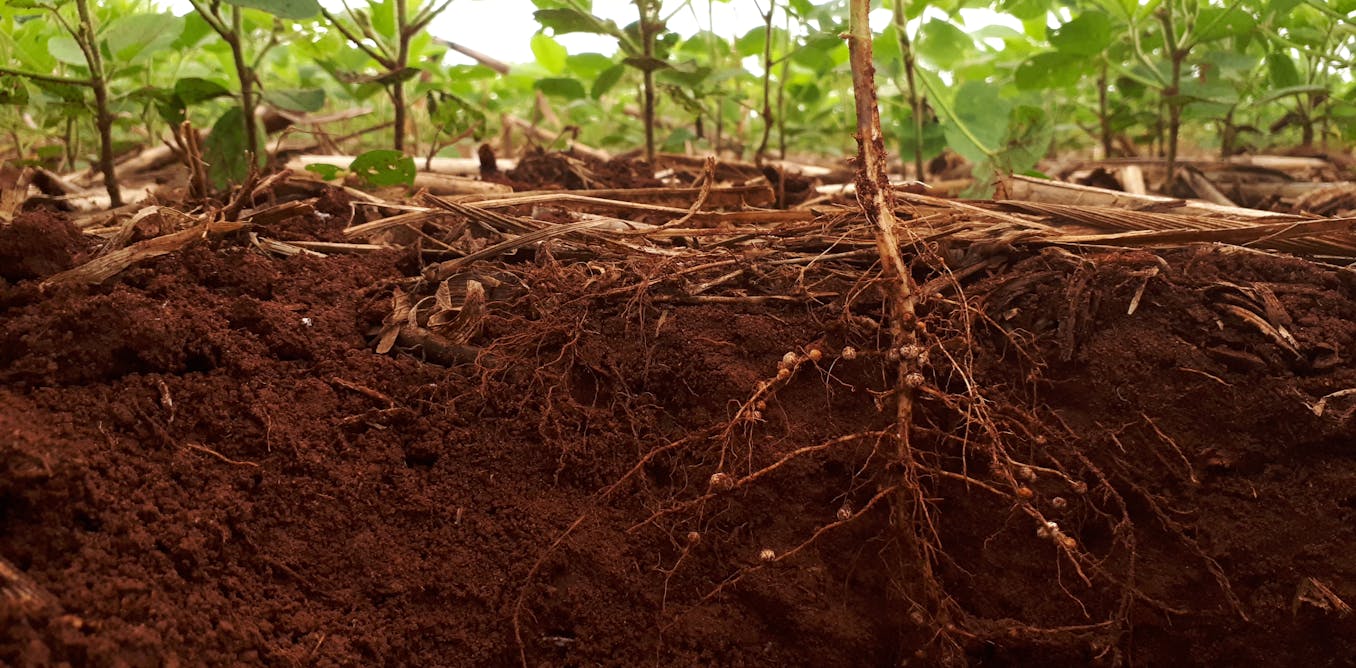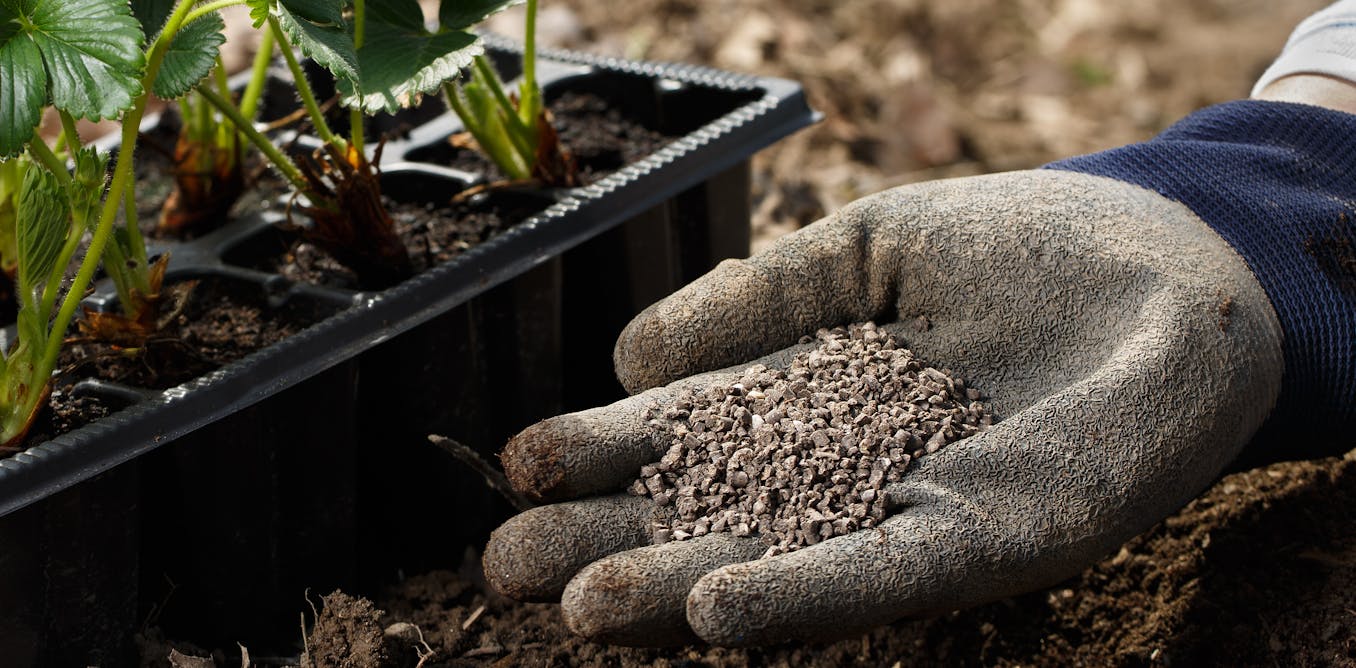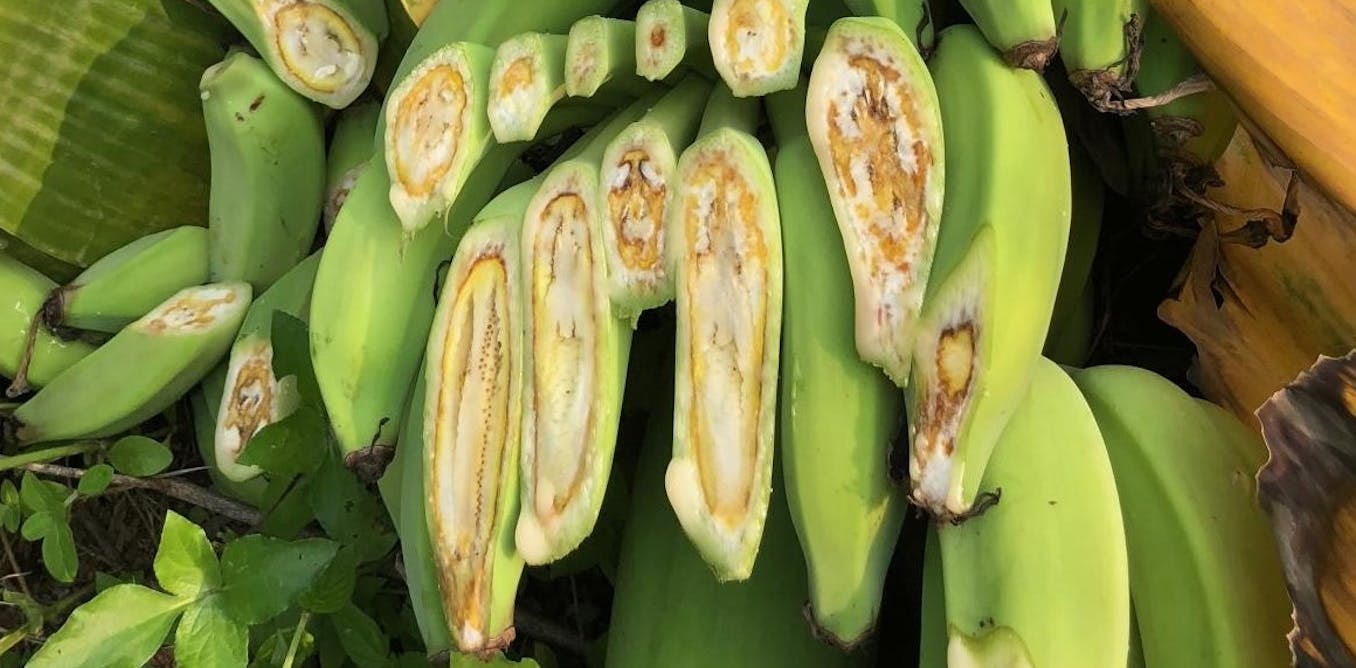Climate-friendly farming strategies can improve the land and generate income for farmers
Farmers can help slow climate change by mixing native grasses into croplands, restoring wetlands and raising perennial crops. These strategies also conserve soil and water and build new markets.
April 28, 2021 • ~10 min




